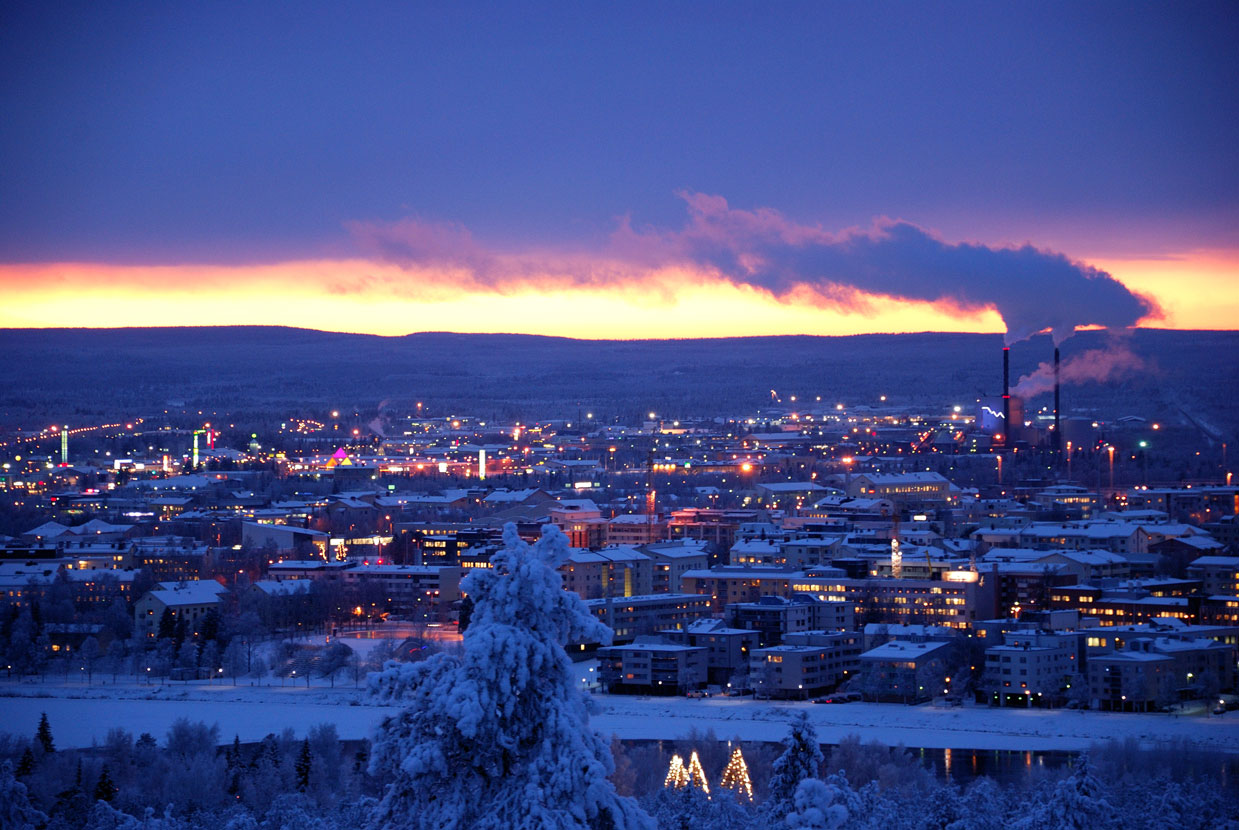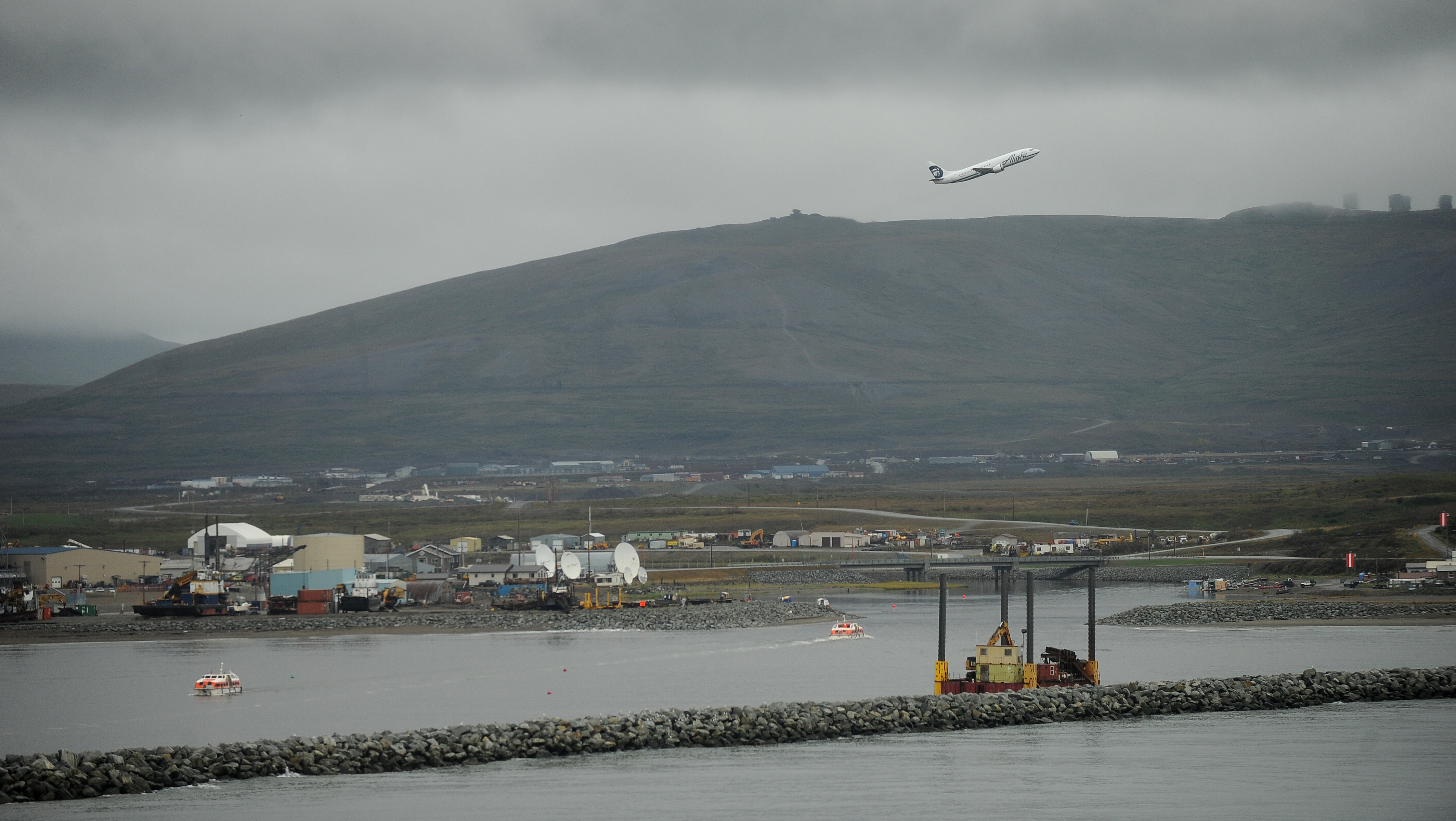After Alaska meeting, Arctic mayors pledge more work on shared goals
Just hours after the Arctic Council hosted its ministerial meeting May 11 in Fairbanks, Alaska, circumpolar mayors from cities such as Nome, Alaska, Iqaluit, Nunavut and Rovaniemi, Finland also met in Fairbanks to discuss “a locally-driven future for Arctic governance.”
“We share a lot of similarities, with respect to being situated in the North,” said Iqaluit Mayor Madeline Redfern, the only mayor from Canada’s North to attend the meeting. “One common challenge is being adequately represented, engaged, heard on our own issues, including our ability to participate in our nation state’s priorities and investments in our own regions.”
Such meetings, Redfern said, also provide an opportunity for mayors to tell or remind governments what issues exist at the community level.
“We’re also creating political allies, insomuch that other Arctic nations, regional governments and mayors can lend political and moral support to see that Arctic policies must be human-centered and humane,” she said.

In their pan-Arctic declaration, the 11 mayors, who included Redfern, said they face “unique challenges” which include rapidly transforming economies, remoteness and isolation.
These also create an urgent need for co-operation and collaboration, they said.
“Our purpose in making this declaration is that we strengthen and maintain open lines of communication between our communities and reinforce the ties between communities,” reads their declaration.
At the meeting, hosted by Alaska’s Institute of the North, the mayors said they wanted to:
• expand economic diversification, opportunity and local benefits;
• build cutting-edge infrastructure;
• assume responsibility and provide leadership in adapting to a changing climate;
• govern using the best available science, knowledge and technology; and,
• promote “healthy, equitable communities through inclusion and cooperation.”

“Our most important mission as mayors is to create good lives and societies for the people living in our municipalities. We also have the great responsibility to take care of our Arctic communities,” they said.
The mayors plan to meet again with the Institute of the North which said it will support future cooperation between Arctic mayors.
“There is a strong desire for inter-regional arctic cooperation and collaboration at the local level, whether political, research, resource management, trade and cultural,” Redfern said.
“In the mayors’ experience, these types of discussions do happen but at the national and regional levels, leaving out the local governments and communities where people live, work, learn and play.”
Redfern, who also attended the Arctic Broadband Forum in Fairbanks, said she felt “fortunate to be able to travel and share what is really happening at the community level.”